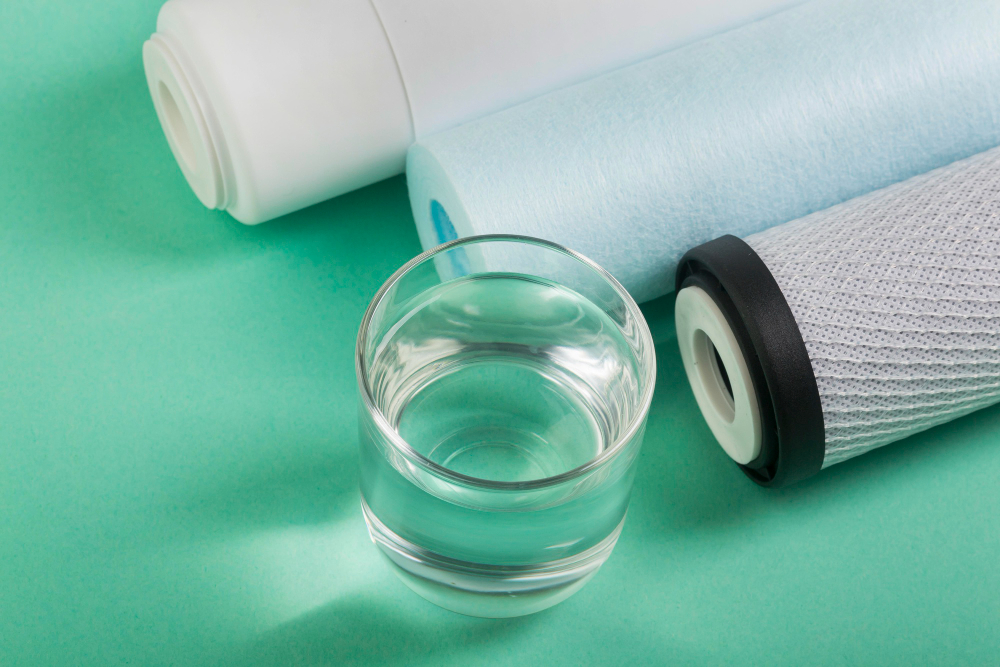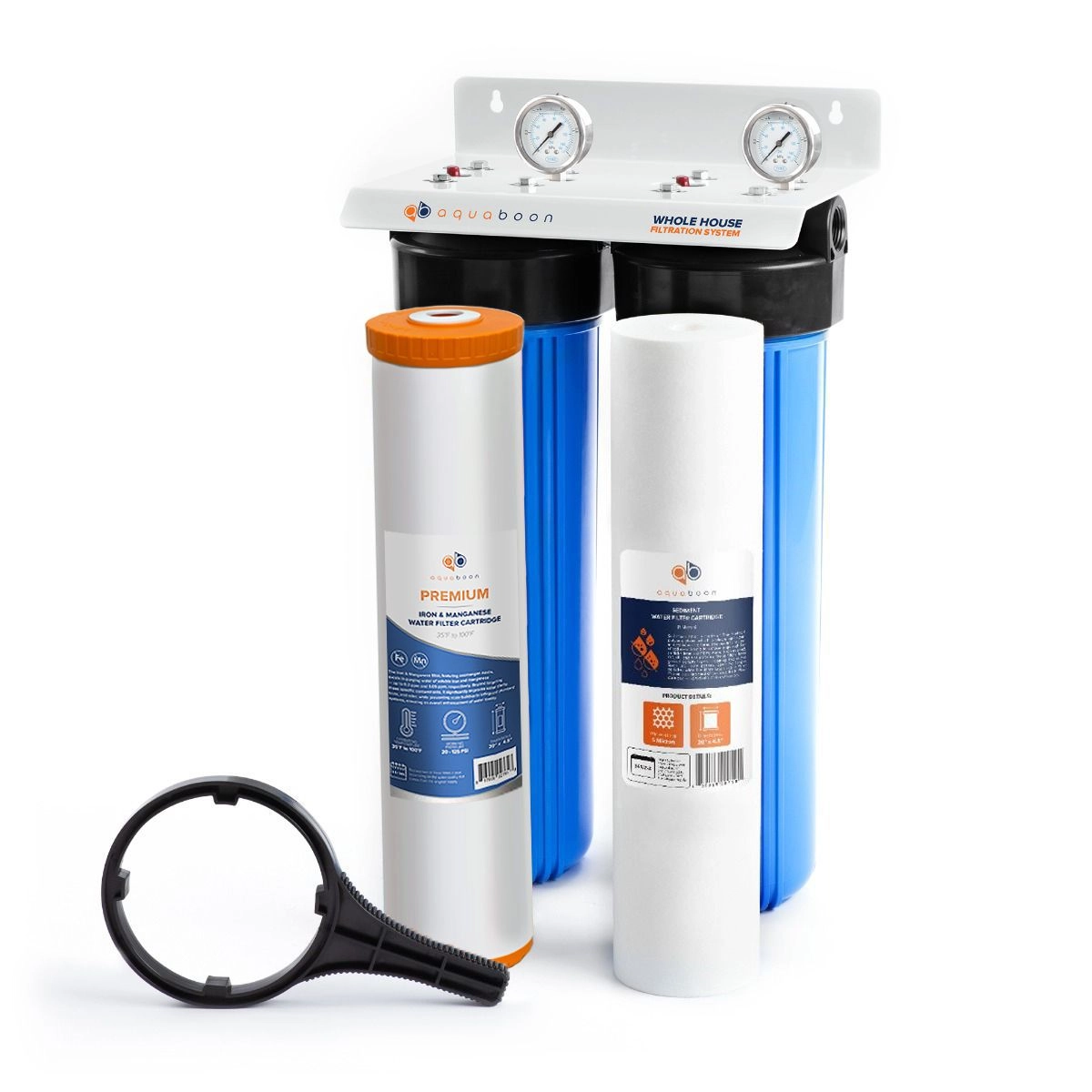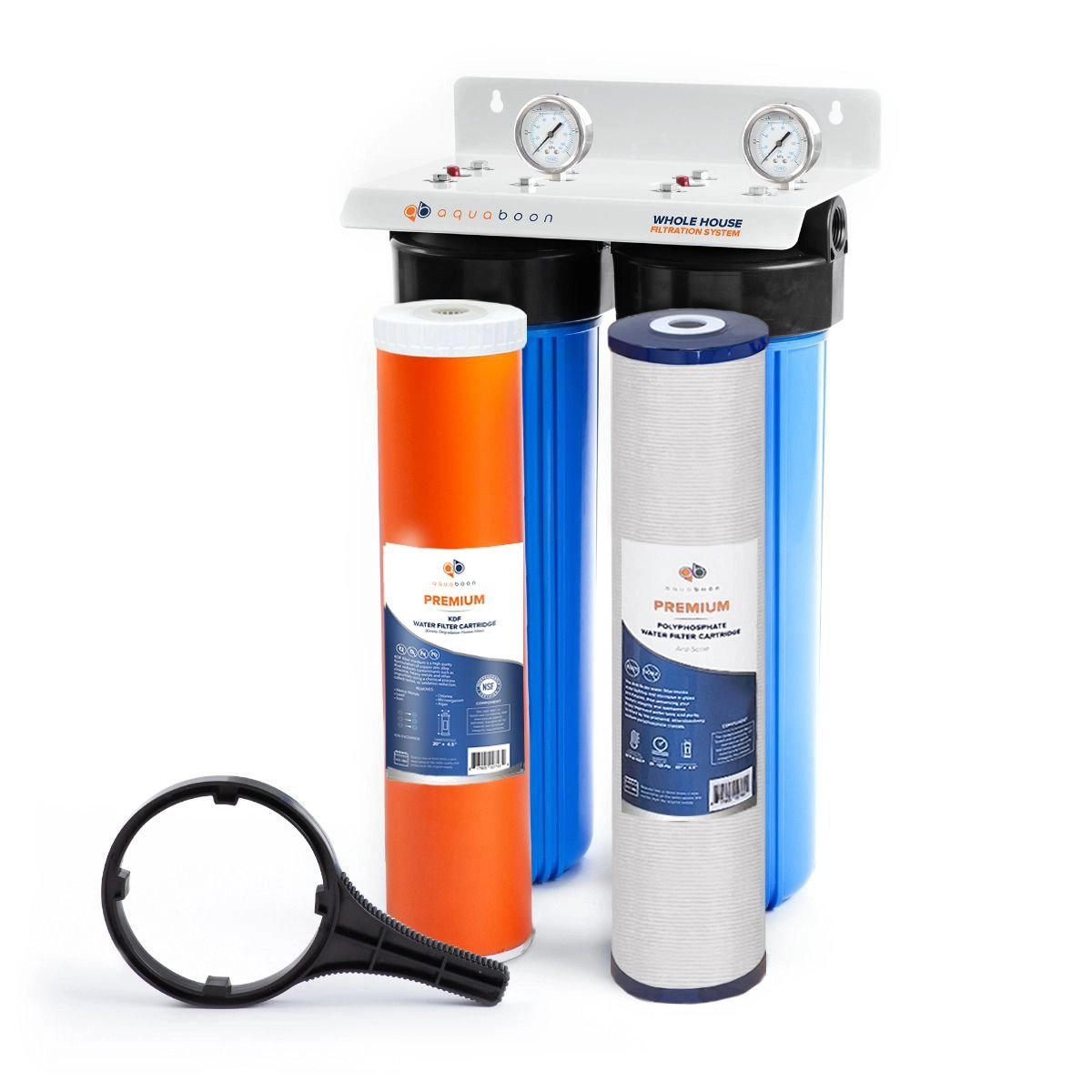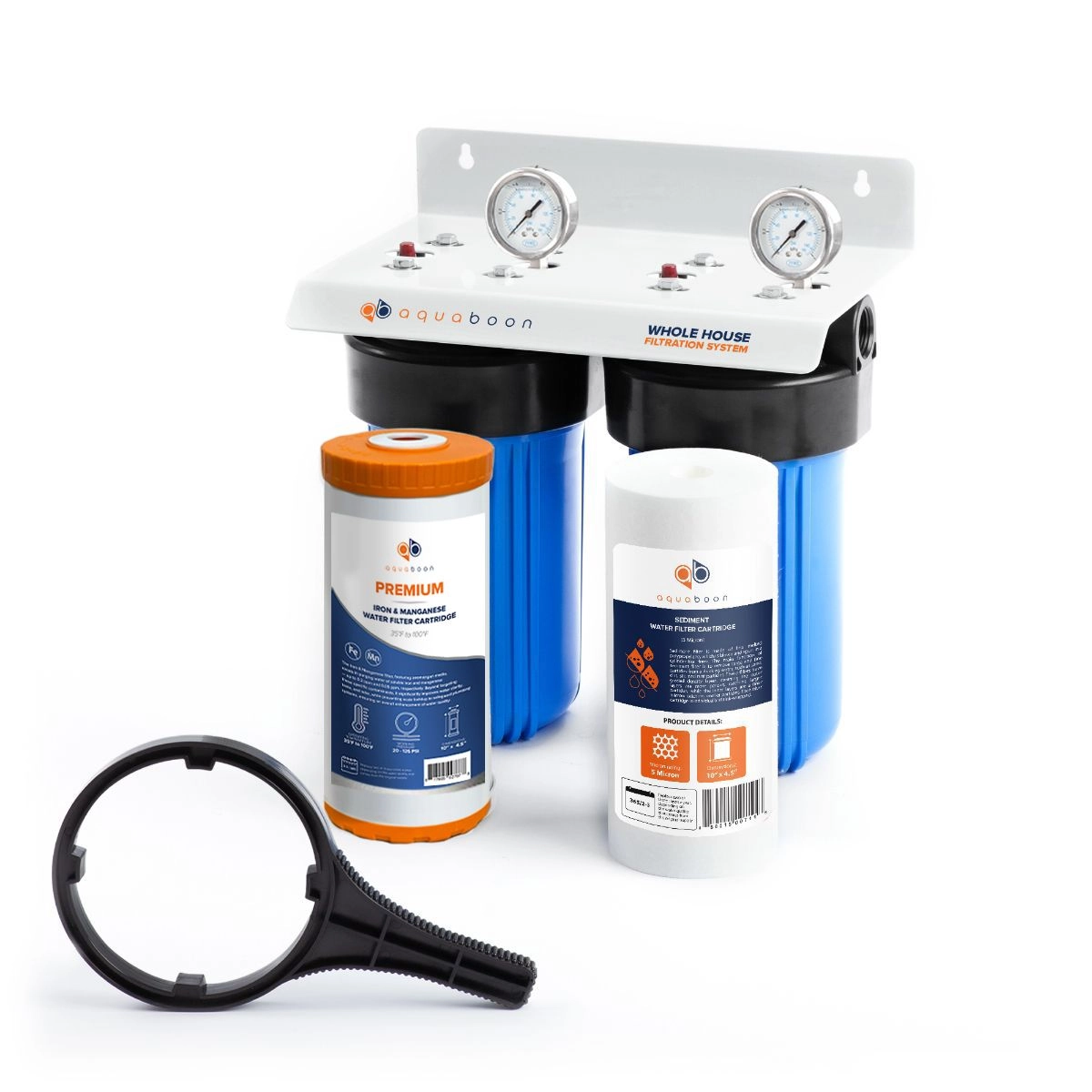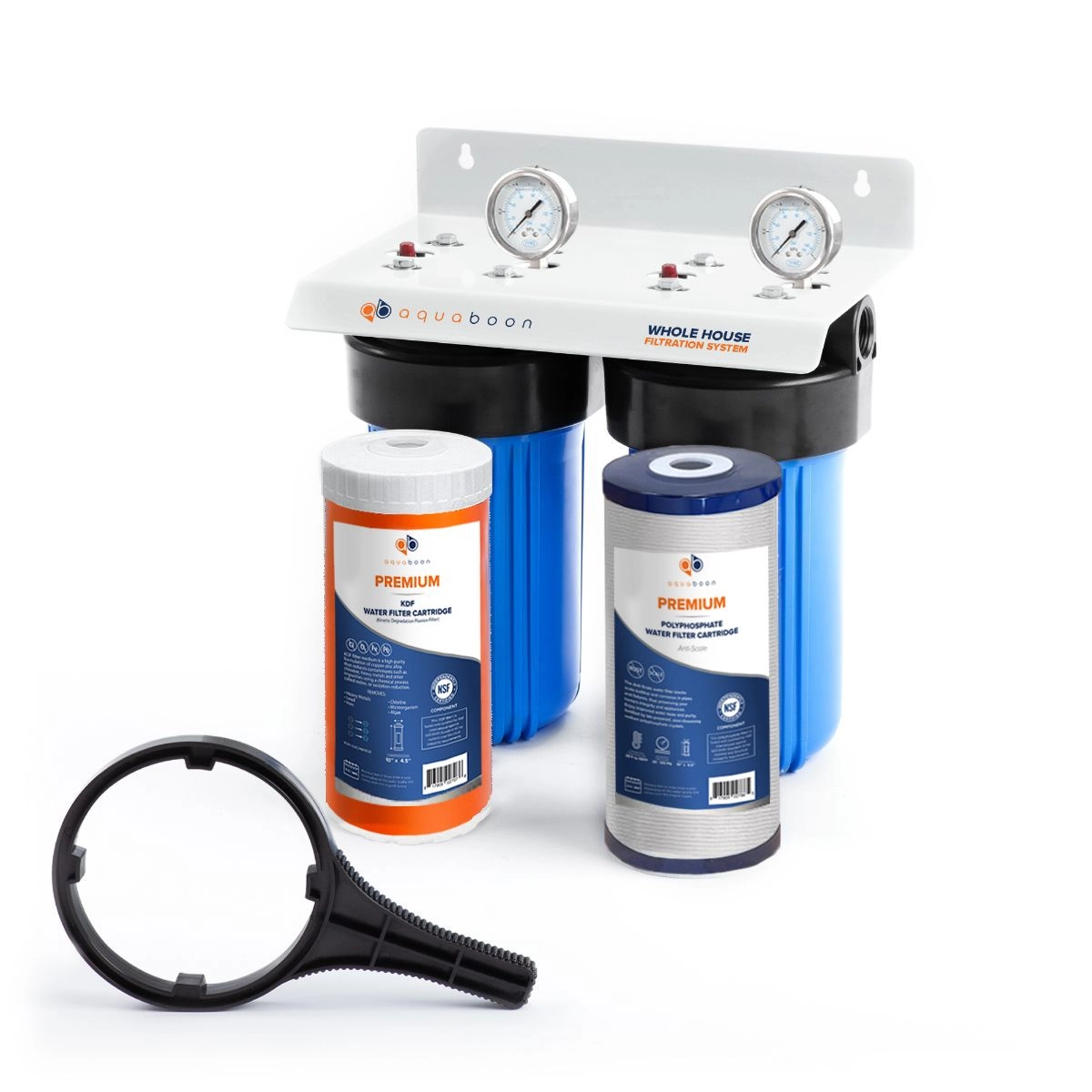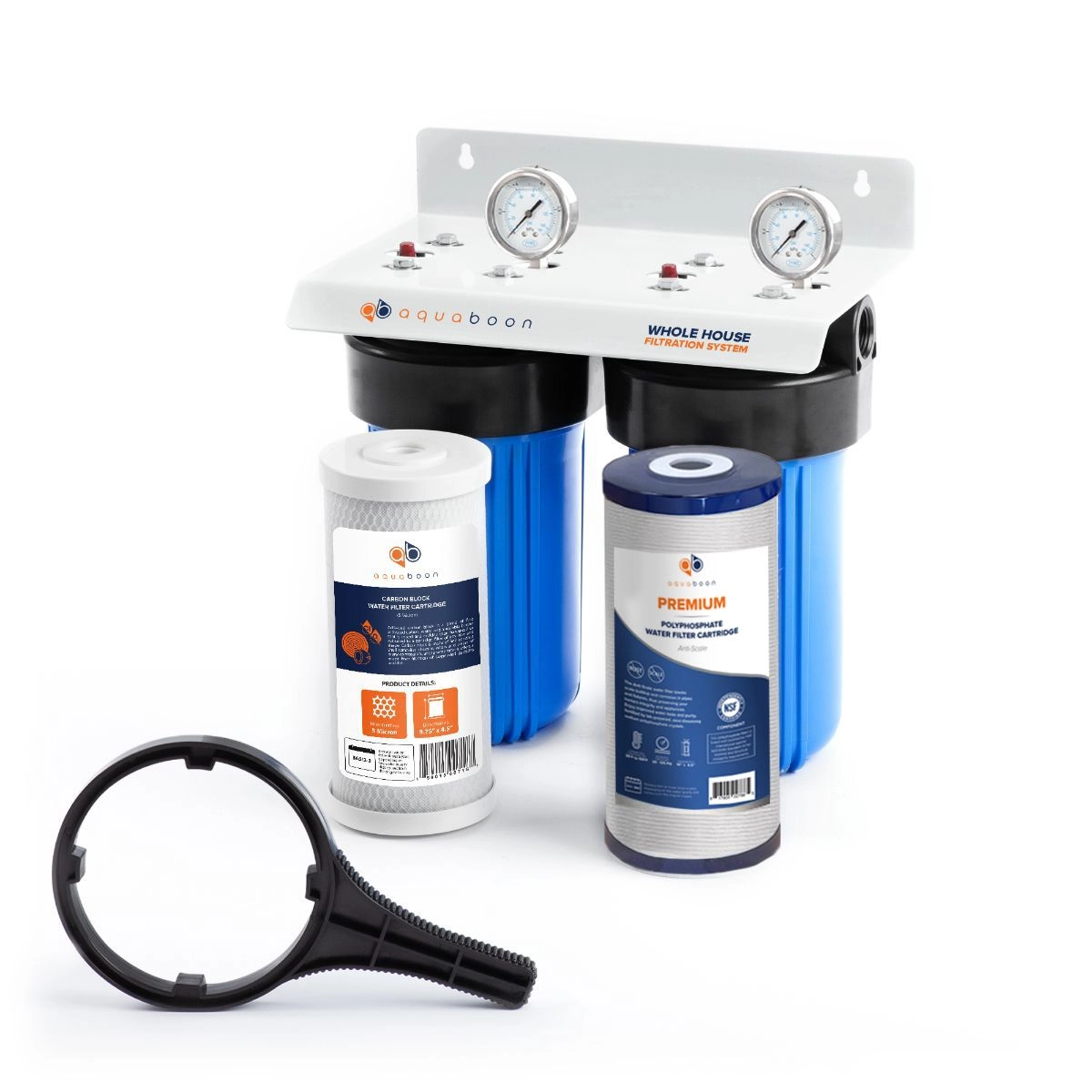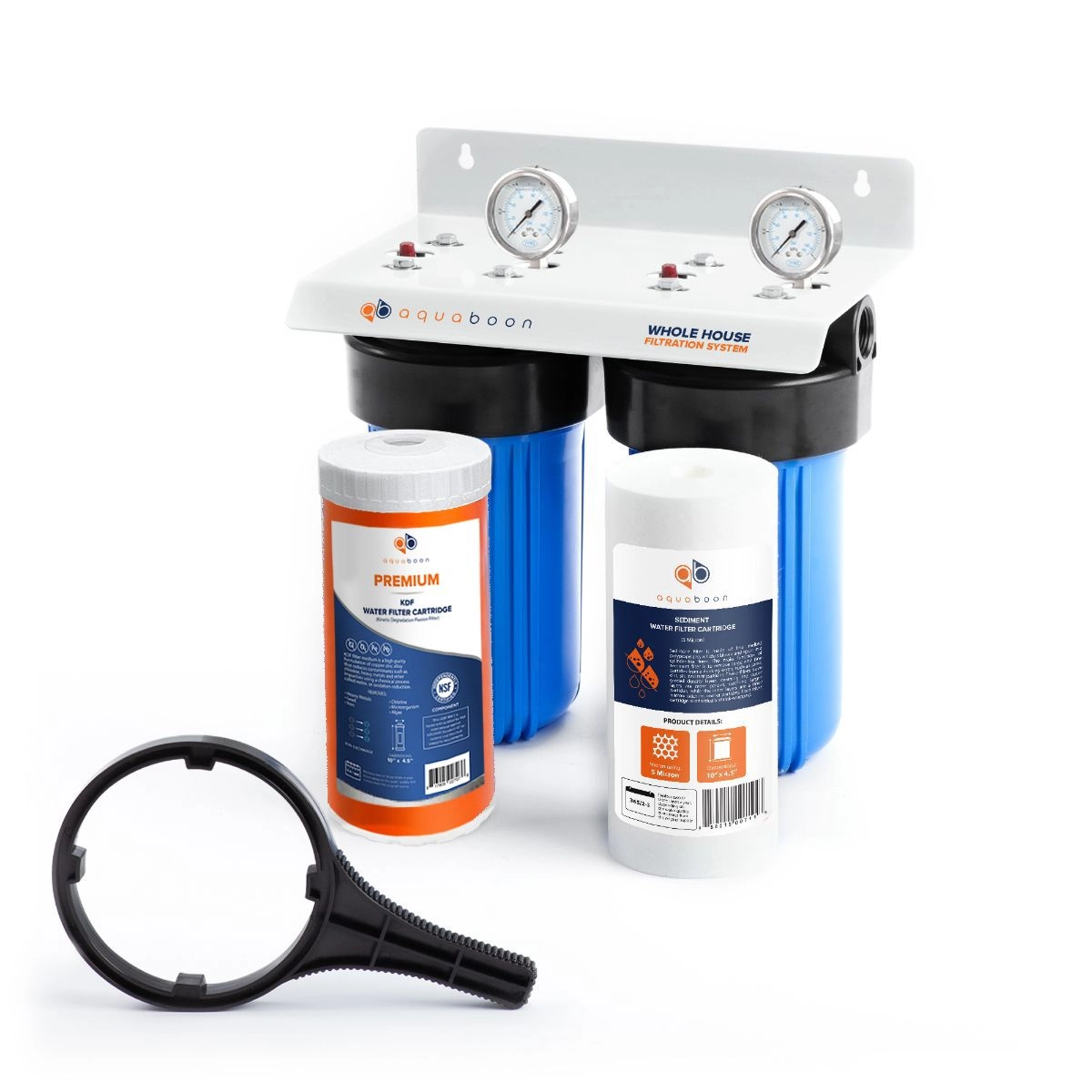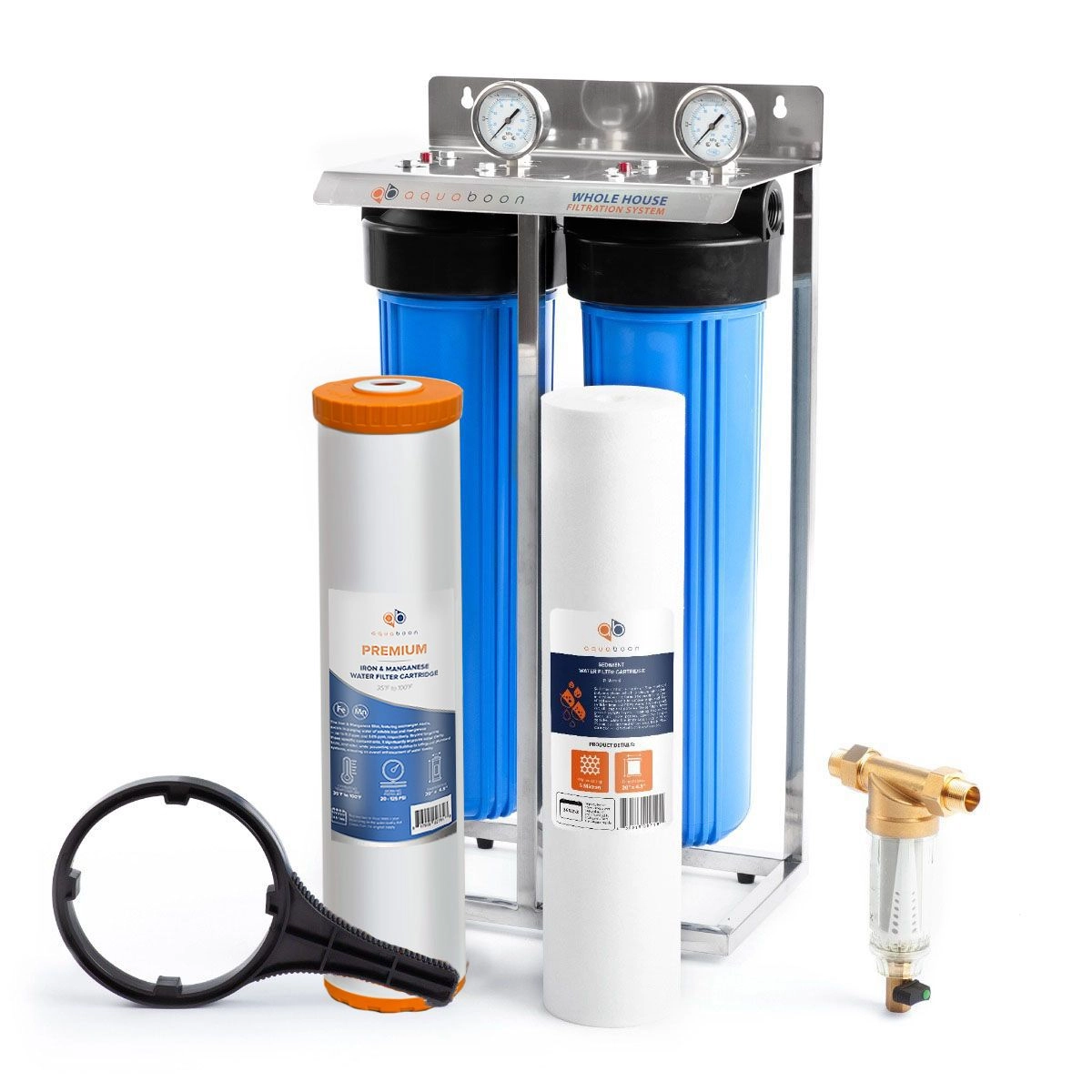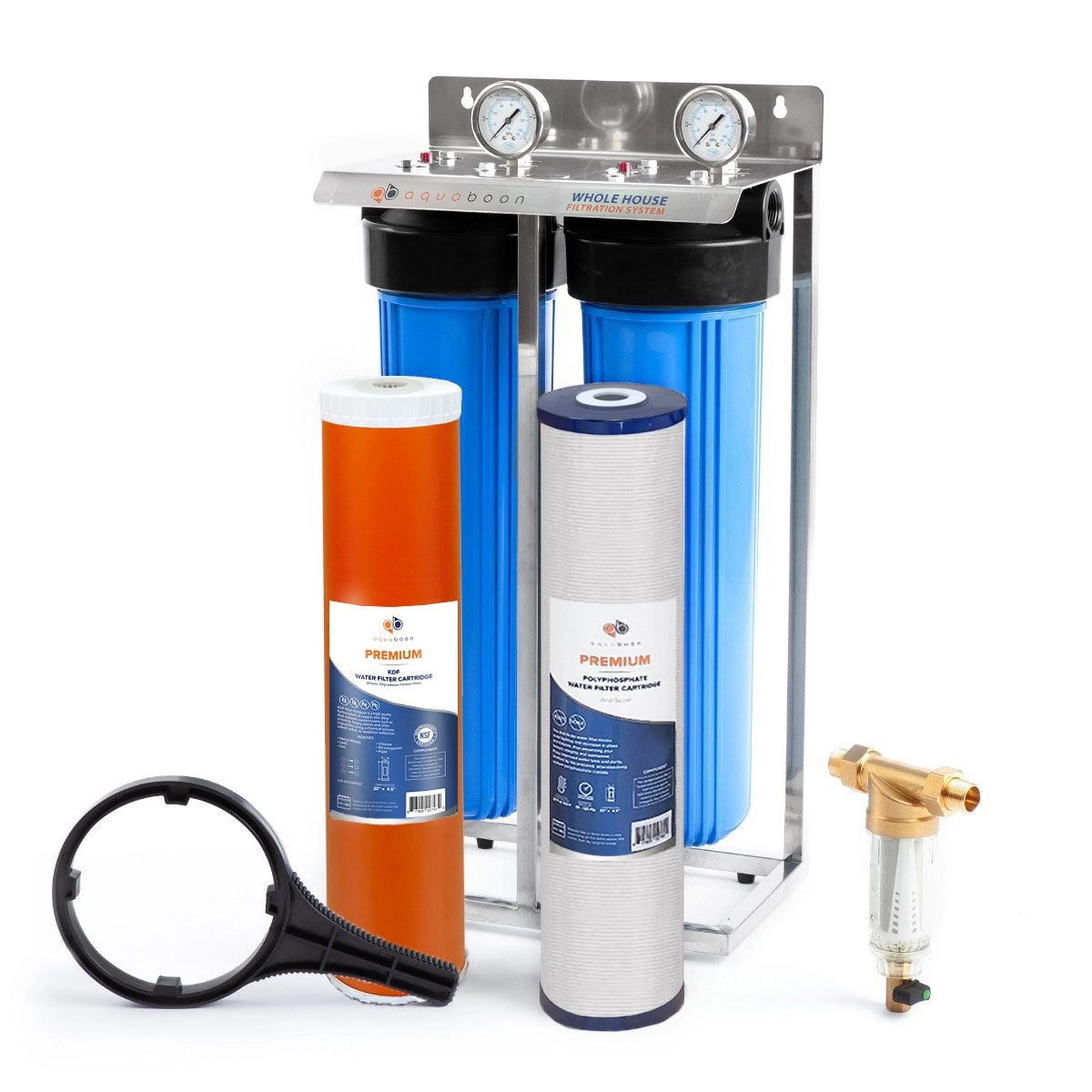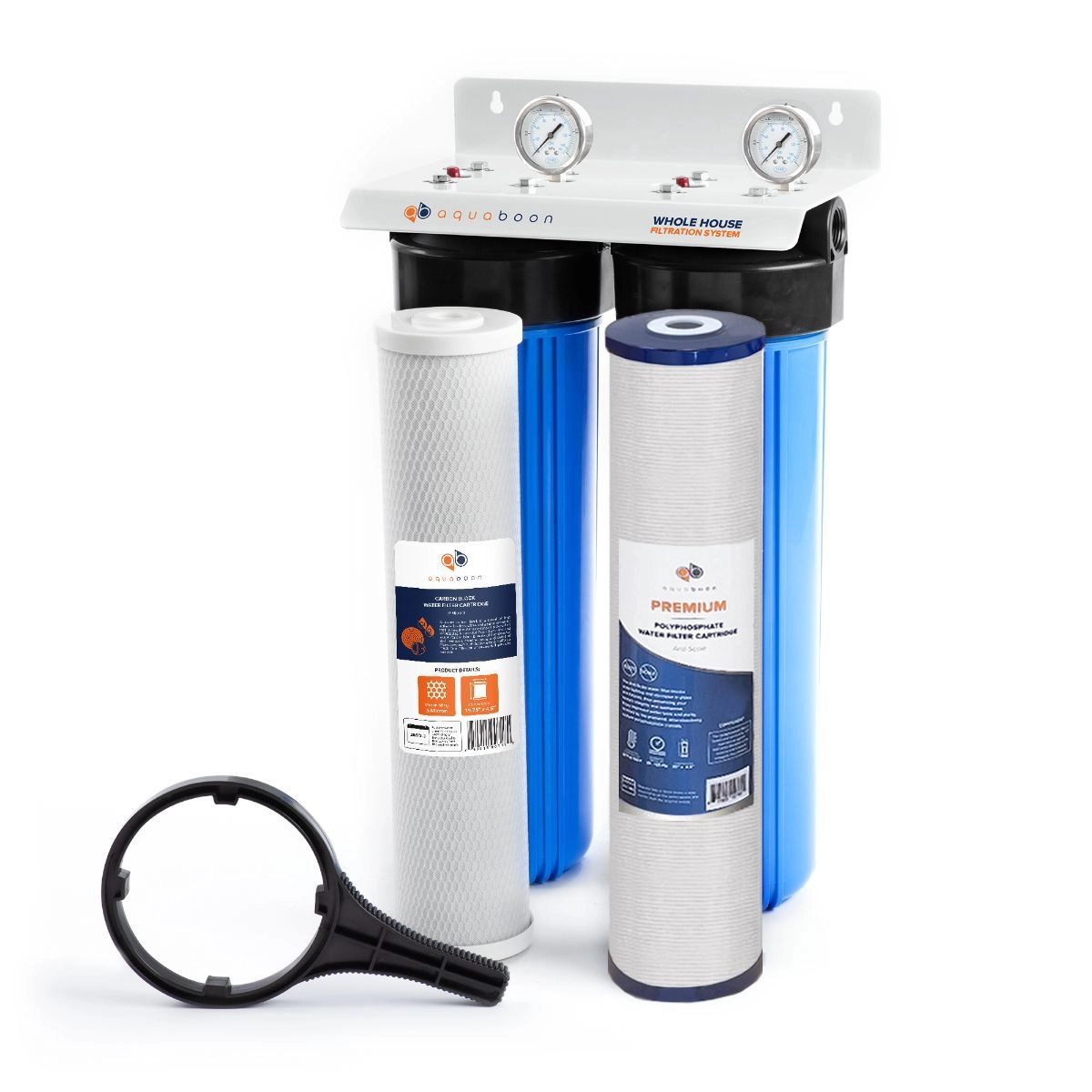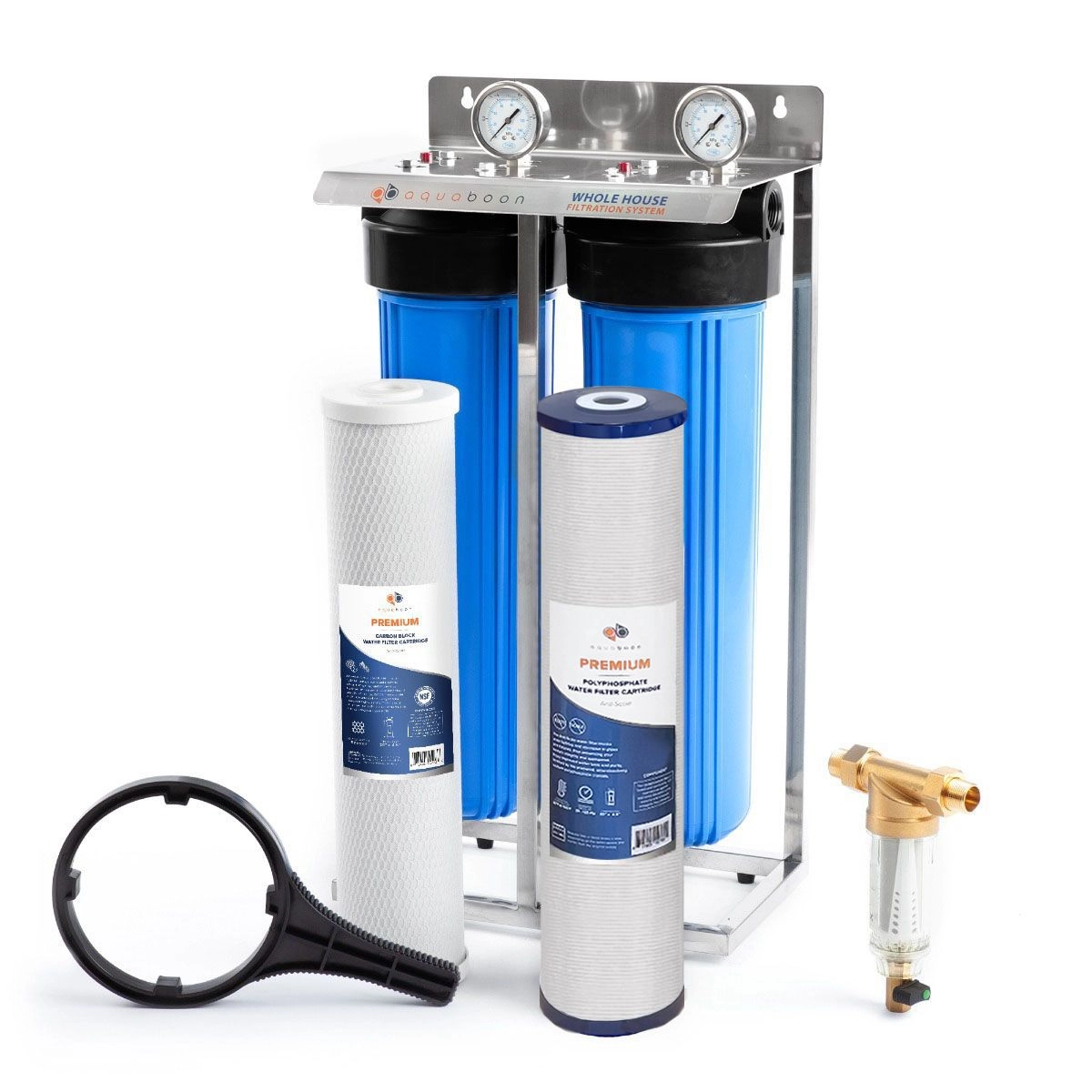Did you know that over 80% of known diseases are associated with water, highlighting the fundamental role clean water plays in maintaining our health? Among the range of options to guarantee safe drinking water, water filters serve as an incredibly potent tool. However, to maximize their efficiency, it's crucial to remember that they require regular maintenance and appropriate replacement when necessary.
In this guide, we'll comprehensively discuss the function and maintenance of clean water filter cartridges, and shed light on their life cycle, commonly referred to as the filter lifespan. Our aim is to simplify the intricate process of water filter management, thereby assuring your family's access to water that’s cleaner and safer.
Let's begin.
The Importance of Water Filters
Filters are essential in maintaining the quality of tap water. They act as shields, extracting impurities, contaminants, and harmful substances lurking in our supply lines. The dual stage water filters processes begin with mechanical contaminant removal where a significant amount is trapped into the pores of the filters, and the other impurities remain on the surface of the filter. So, by using filters and taking care of them, you can enjoy clean water free from chlorine, sediment, heavy metals, and other harmful pollutants.
However, after regular usage over a period, the filters will become clogged. Now at this time, the filters become less effective, as there will be no space left for the absorption of contaminants, so contaminants can escape. Fortunately, you can avoid this by replacing filters regularly to continue enjoying clean drinking water and preserving the overall water quality in your household. So, how often should you change water filter cartridge? Let’s see...
How Long Does a Water Filter Last?
There is no fixed answer to the question, how long does water filter last? Filters can remain effective for varying periods depending on factors, including type, quality, and usage, before they need to be replaced. For example, while activated carbon filters may last for one year, reverse osmosis membranes can last from three to five years.


